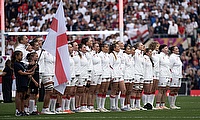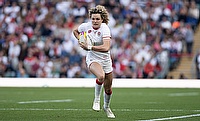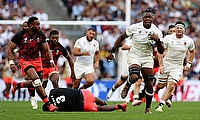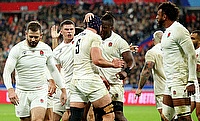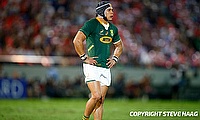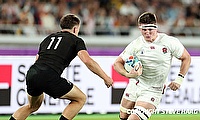Itoje advocates for Six Nations to stay on Free-to-Air TV
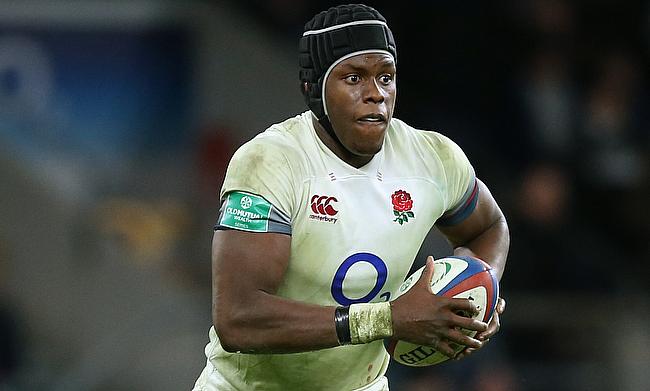
Maro Itoje will be leading England in the Six Nations tournament
©PA
England captain Maro Itoje has urged Six Nations organisers to keep the tournament on free-to-air television, warning that moving the championship behind a paywall could reduce rugby’s visibility and limit its reach.
As Itoje prepares to lead England for the first time in their Six Nations opener against Ireland in Dublin, he emphasized the importance of ensuring the sport remains accessible to as many viewers as possible.
Currently, the BBC and ITV share broadcasting rights for the tournament, but the existing agreement is set to expire after this year’s championship. There are growing concerns that the Six Nations could move to a subscription-based broadcaster, such as TNT Sports, which is reportedly interested in acquiring the rights.
Unlike government-protected “crown jewel” sporting events, which must be aired on free-to-air channels, the Six Nations does not have guaranteed free access for viewers. This has sparked debate over the future of its broadcast rights.
While subscription broadcasters may offer higher financial returns, they lack the broad reach of the BBC and ITV. Last year, England’s victory over Ireland attracted a peak audience of 6.6 million viewers, with some Six Nations fixtures drawing nearly 10 million.
A hybrid model, where some matches remain on free-to-air television while others move to pay-per-view platforms, is being explored as a potential solution. Organisers are also considering adjustments to kick-off times to align with broadcaster preferences.
The Rugby Football Union (RFU) has reportedly shown flexibility in staging matches at Friday night slots at Allianz Stadium, should such scheduling enhance broadcasting appeal.
Itoje strongly believes that keeping the Six Nations accessible to all audiences is crucial for growing the sport.
"Yes, I think the Six Nations should be viewed by as many people as possible. I grew up watching the Six Nations on the BBC and on ITV. The fact that it’s been on free-to-air, for so many people – I think rugby needs more eyes on it, not less.
"Obviously I am not involved in the finances of the deals, but I think, even though international rugby is massive, the sport should be looking at ways to be more accessible to more people, as opposed to the opposite."
With negotiations underway for a new broadcasting deal, the debate over accessibility and financial gains continues. The decision will significantly impact rugby’s visibility, especially in reaching new audiences and sustaining interest in the sport.


